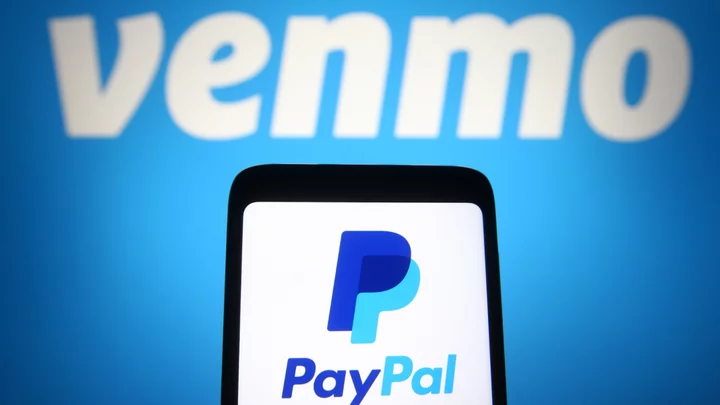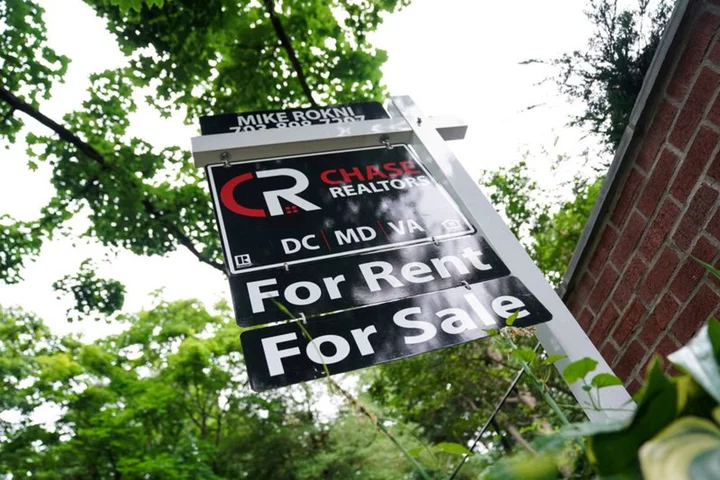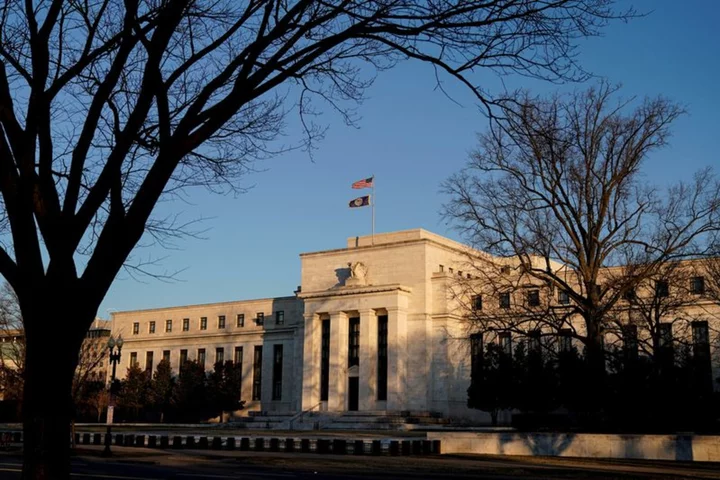A federal consumer watchdog this week warned consumers that money held on mobile payment apps like Venmo, Cash App, or PayPal could be lost if the companies fail since the funds are not automatically insured by the government.
"Popular digital payment apps are increasingly used as substitutes for a traditional bank or credit union account but lack the same protections to ensure that funds are safe," says Consumer Financial Protection Bureau (CFPB) Director Rohit Chopra.
If a digital payment company like Cash App or Venmo fails, it could lead to “money [being] lost or tied up in a long bankruptcy process,” the CFPB says. As a result, the agency advises consumers to move money held on digital payment apps to traditional banks and credit union accounts, which guarantee federal deposit insurance.
The consumer watchdog points to the failure of Silicon Valley Bank, Signature Bank, and First Republic Bank this year. “These banks experienced a run, but insured depositors could have confidence their money was safe," it says. "Similar protection would not be guaranteed to customers who store money on nonbank payment apps.”
As the Washington Post notes, however, the vast majority of Silicon Valley Bank’s deposits were not insured because they were over the $250,000 limit on federal deposit insurance coverage; the depositors were only covered because the government decided to step in.
The warning comes as more Americans than ever are using digital payment apps. According to an October 2022 Pew Research Center survey, 76% of American adults have used a digital payment app at least once, while the CFPB’s own research finds that 85% of consumers aged 18-29 have signed up to and used an app once.
And digital payment apps are only getting more popular. As the CFPB notes in its statement, transaction volume across all nonbank digital payment services is projected to reach around $1.6 trillion by 2027, up from the $893 billion it is at now.









